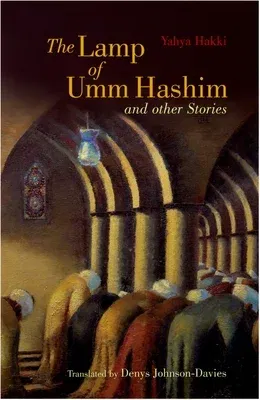The first of several works in Arabic to deal with the way in which an
individual tries to come to terms with two divergent cultures
Together with such figures as the scholar Taha Hussein, the playwright
Tawfik al-Hakim, the short story writer Mahmoud Teymour and--of
course--Naguib Mahfouz, Yahya Hakki belongs to that distinguished band
of early writers who, midway through the last century, under the
influence of Western literature, began to practice genres of creative
writing that were new to the traditions of classical Arabic.
In the first story in this volume, the very short ''Story in the Form of
a Petition, '' Yahya Hakki demonstrates his ease with gentle humor, a
form rare in Arabic writing. In the following two stories, ''Mother of
the Destitute'' and ''A Story from Prison, '' he describes with typical
sympathy individuals who, less privileged than others, somehow manage to
scrape through life's hardships. The latter story deals with the people
of Upper Egypt, for whom the writer had a special understanding and
affection.
It is, however, for the title story (in fact, more of a novella) of this
collection that the writer is best known. Recounting the difficulties
faced by a young man who is sent to England to study medicine and who
then returns to Egypt to pit his new ideals against tradition, ''The
Lamp of Umm Hashim'' was the first of several works in Arabic to deal
with the way in which an individual tries to come to terms with two
divergent cultures.

